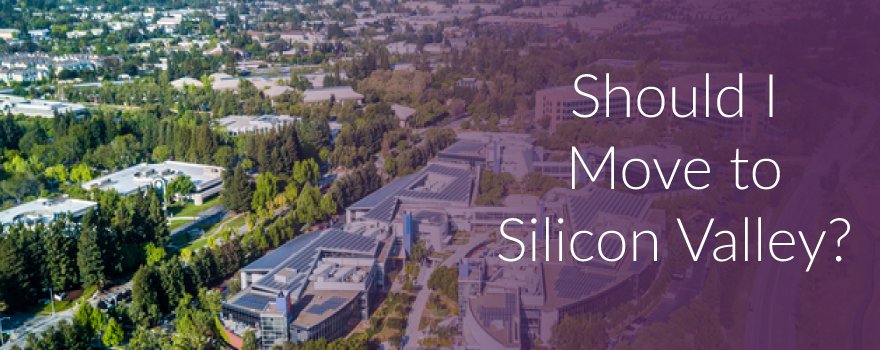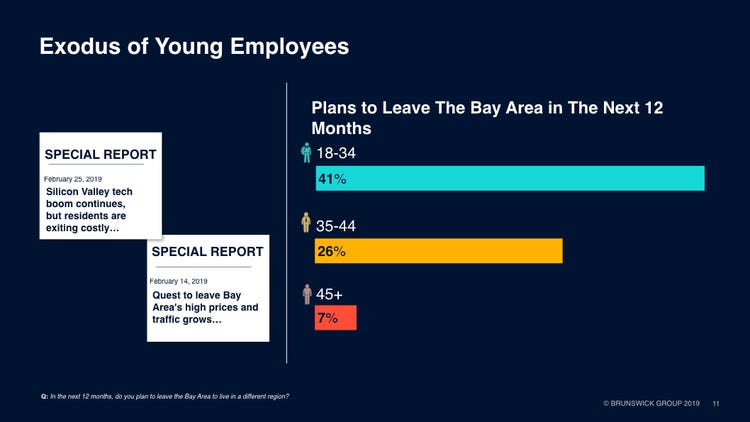
The hub of innovation for over three decades, Silicon Valley took over the high-tech reins from Boston’s Rt. 128 corridor in the late 1980s. It’s now about to lose its lofty position.
The ‘Valley’ had become an ecosystem. The most promising start-ups, the world’s largest tech giants, and venture capitalists are willing to make it all happen. Yet, there is no denying that the ‘Valley’ has peaked and the trend is decidedly downhill.
Numerous and notable tech icons have already moved or announced their intention to relocate their HQs out of the ‘Valley’ – this exodus includes venture capitals as well. Tesla, Oracle, HPE, Dropbox, JURR, and the Founders Fund are just several which have left the ‘Valley’.

Hitting The Wall
A victim of its own success, the ‘Valley’s cost of living is the highest in the nation. The median income is over $100,000/year and housing is unattainable for those earning $15,000 per month or less. This, coupled with very high California income, sales, and property taxes incent start-ups to locate in other states: Texas, Florida, Arizona, Georgia, Colorado, and others have become the beneficiaries.
Culturally, the ‘Valley’ has gone from people building multi-billion dollar businesses to people working for big-tech with big salaries and mega-perks, making it impossible for start-ups to compete for staff and space. Furthermore, COVID 19 made work-at-home very doable at very remote locations.
The ‘Valley’, for now, is the world’s premier locale for tech innovation but there are major cracks in the wall. Fundraising has gone virtual. Start-ups can pitch to investors online. Denver, Austin, Phoenix, to name several cities, have become start-up hubs and venture capital has followed. VCs are extending their presence outside the ‘Valley’ with satellite offices or via investment partnerships which have become commonplace.
Innovation Needs Fresh Beginnings
Contrary to popular belief, most successful start-ups are developed by people who have worked in the tech industry and have broad experience in their field of endeavor – and not from entrepreneurs or University think tanks. This means that going forward new ventures will be scattered across the country and not centered in the ‘Valley’.
The ‘Valley’s’ Future
My prediction is that established firms will continue to exit the ‘Valley’ due to a variety of financial, social, and political issues. Additionally, and more importantly, start-ups and their capital investors will continue to find the ‘Valley’ an untenable place to conduct business.
Silicon Valley was a dream come true. But, like all dreams, it had to come to an end.




0 Comments